

Oregano اوریگینو
₨250 – ₨2,800
Overview
Oregano is a popular herb that belongs to the mint family (Lamiaceae). It is native to the Mediterranean region but is now grown in many areas around the world. Oregano is not just a flavorful addition to various dishes; it also offers several potential health benefits. Here are some of the potential benefits of oregano:
Benefits
Antioxidant Properties: Oregano is rich in antioxidants, such as rosmarinic acid and thymol. Antioxidants help neutralize free radicals in the body, which can reduce oxidative stress and lower the risk of chronic diseases.
Anti-Inflammatory Effects: Oregano contains compounds with anti-inflammatory properties, which may help reduce inflammation in the body. Chronic inflammation is linked to various health issues, including heart disease and cancer.
Antimicrobial Properties: Oregano has natural antimicrobial properties, thanks to compounds like thymol and carvacrol. These properties may help fight infections and inhibit the growth of bacteria and fungi.
Rich in Vitamins and Minerals: Oregano is a good source of vitamins and minerals, including vitamin K, vitamin A, and iron. These nutrients are essential for various bodily functions, such as blood clotting, immune system support, and maintaining healthy vision.
Digestive Health: Oregano has been traditionally used to aid digestion. It may help stimulate the flow of bile, which is important for the digestion and absorption of fats.
Respiratory Health: Oregano oil is sometimes used to alleviate respiratory issues, such as coughs and bronchitis. It has expectorant properties that may help loosen phlegm and relieve congestion.
Antifungal Properties: Oregano may have antifungal effects, which can be beneficial for conditions caused by fungal overgrowth, such as candidiasis.
Blood Sugar Regulation: Some studies suggest that oregano may help regulate blood sugar levels, which can be beneficial for individuals with diabetes or those at risk of developing the condition.
Uses
Seasoning:
Oregano is a popular culinary herb used to add flavor to a variety of dishes, including Italian, Greek, and Mediterranean cuisines. It complements tomatoes, garlic, olive oil, and many other ingredients.
Pizza Topping:
Oregano is a classic topping for pizza. Its aromatic and slightly bitter taste enhances the overall flavor of the pizza.
Herbal Tea:
Oregano leaves can be used to make a fragrant herbal tea. The tea may have potential health benefits, including antioxidant and antimicrobial properties.
Companion Planting:
Oregano is sometimes used in companion planting to deter pests that can affect certain crops. It may be planted near vegetables to help protect them from harmful insects.
| Weight | , , , , |
|---|


 Shop layouts
Shop layouts
 Food Supplements
Food Supplements
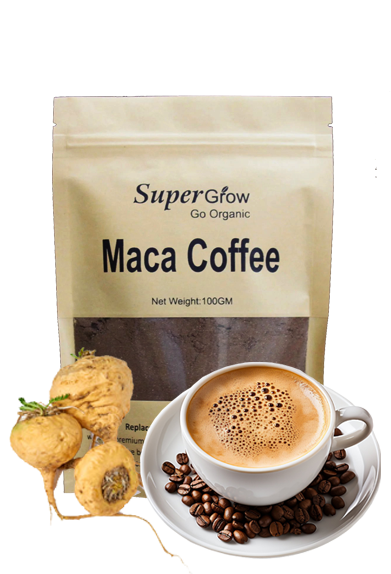



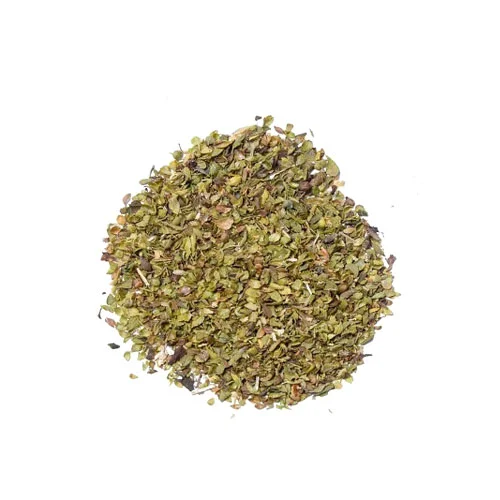

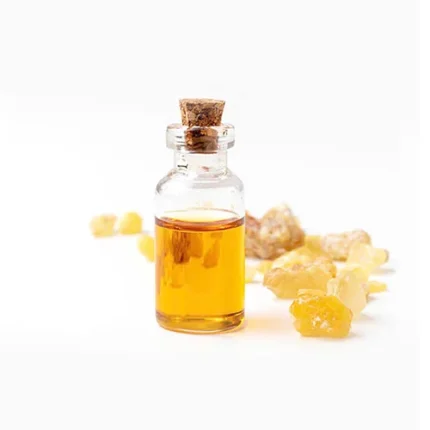
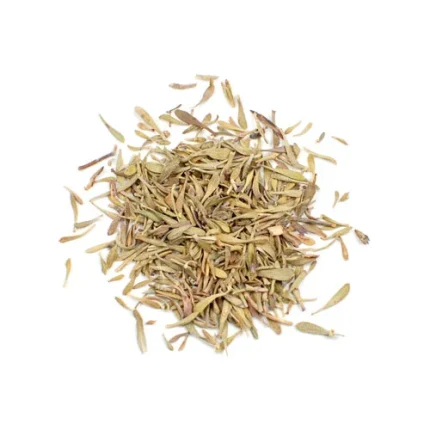
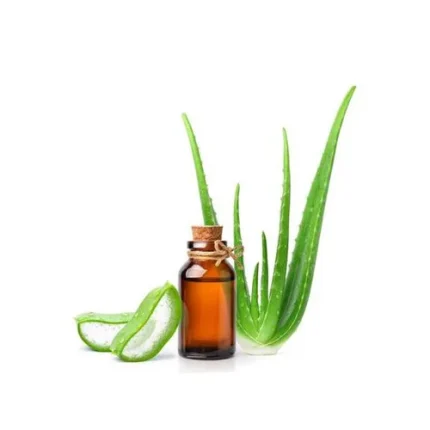
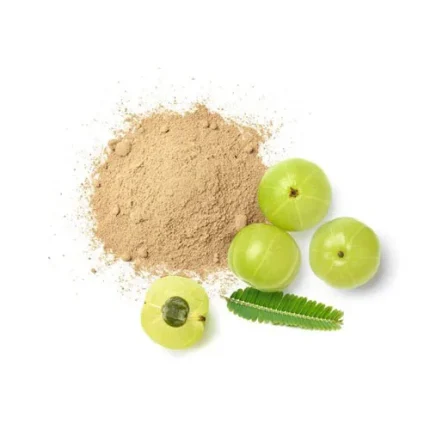
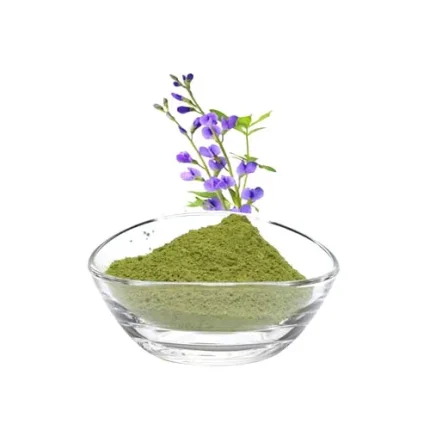

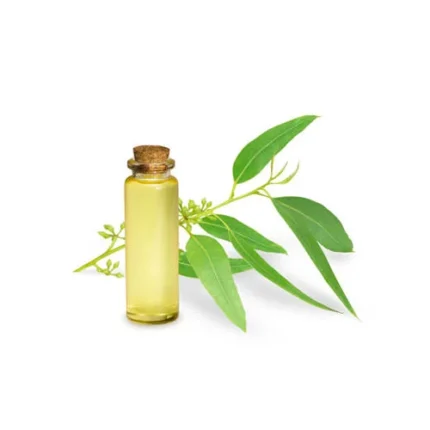
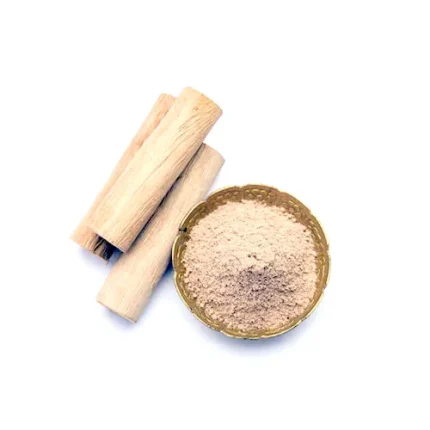


Reviews
There are no reviews yet.